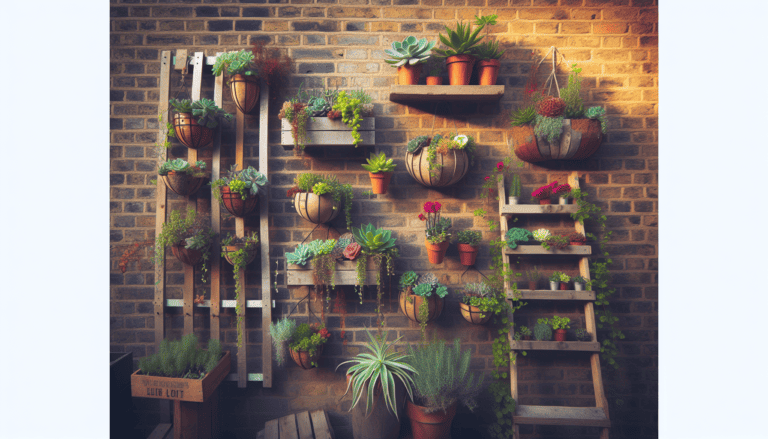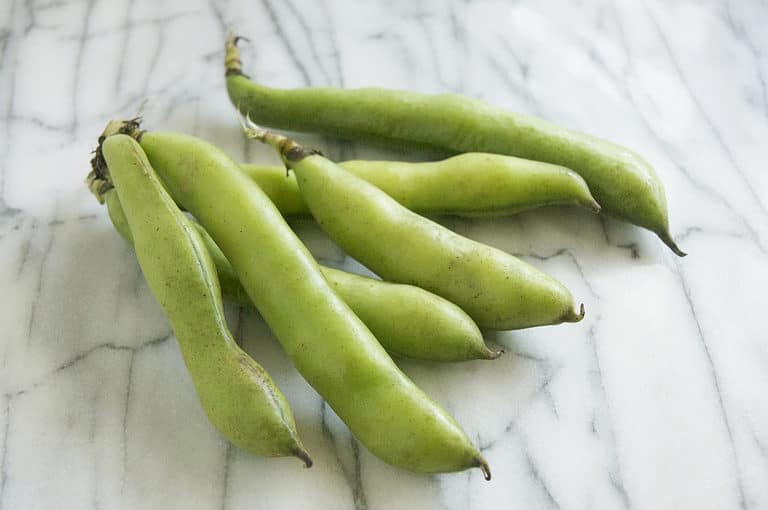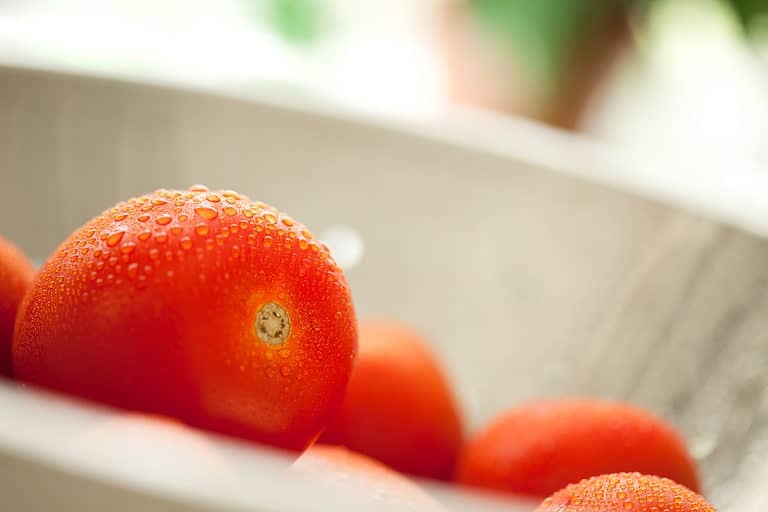3 Ways to Compost Your Garden and Food Waste
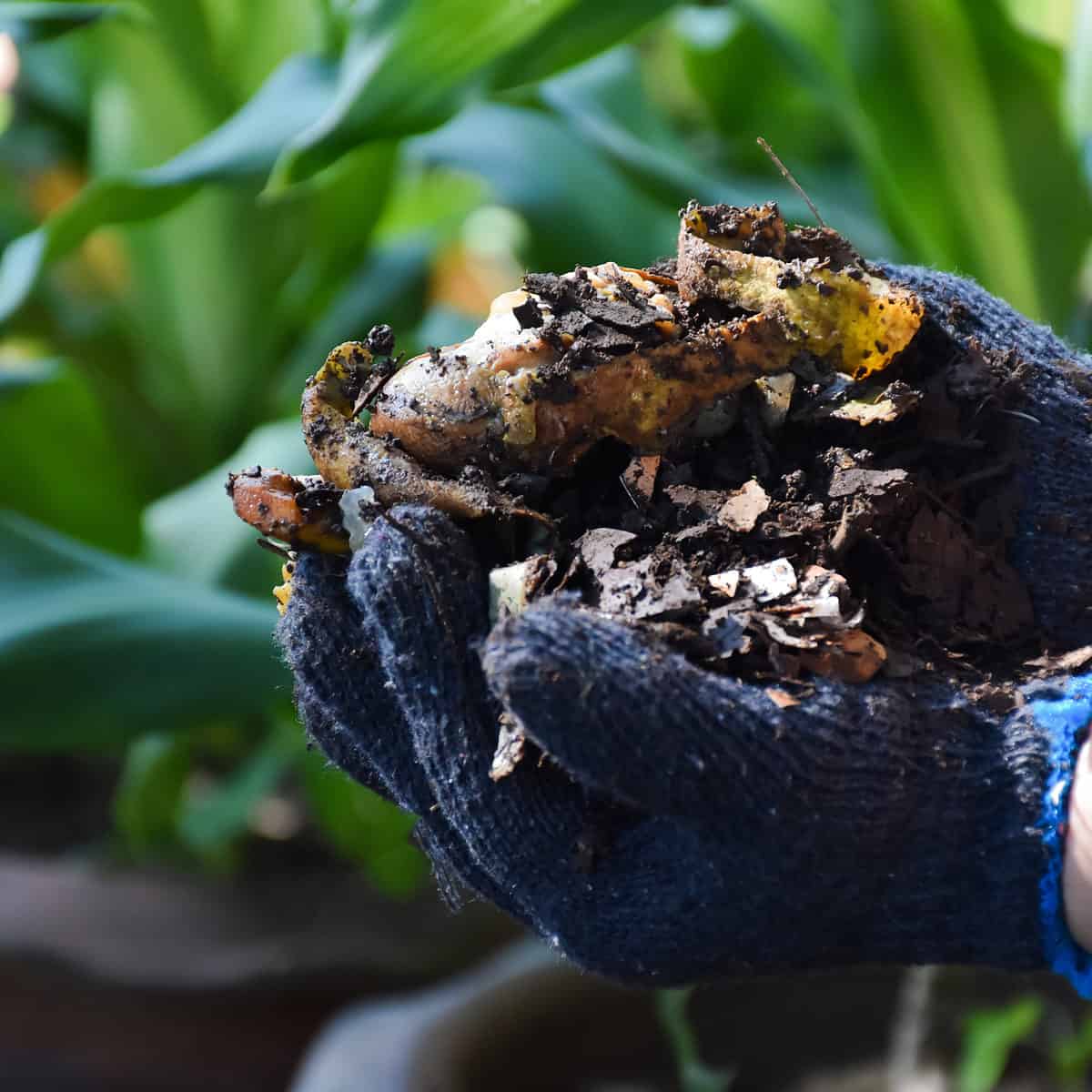
Composting is a fantastic way to reduce waste and create a rich, nutrient-packed soil for your garden. Not only is it environmentally friendly, but it also saves you money on buying fertilizers and soil amendments. Here are three ideas on how to make compost materials from your garden:
How To Make Composts
1. Traditional Composting:
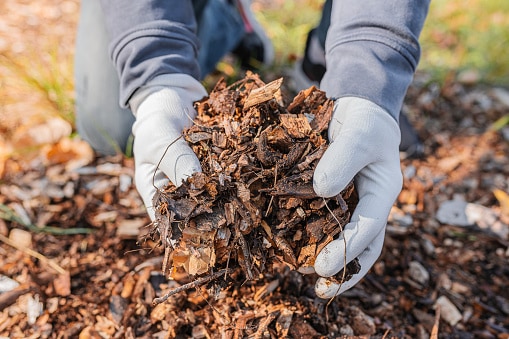
This method involves collecting organic materials like leaves, grass clippings, and food scraps in a pile or bin and allowing them to decompose over time. To speed up the process, it’s important to mix the materials regularly, keep them moist, and provide proper airflow. You can also add a nitrogen-rich material like green grass or fresh manure to balance out the carbon-rich materials like dry leaves and straw. Once the compost is ready, you can use it to enrich the soil in your garden beds or pots.
2. Vermicomposting:
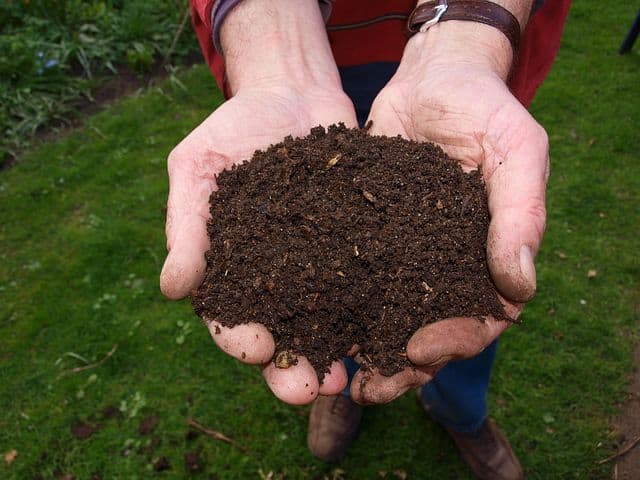
This method uses worms to break down organic materials into compost. To start, you’ll need a worm bin (which can be homemade or purchased) and a pound or so of worms. You can feed the worms a variety of organic materials like vegetable scraps, coffee grounds, and shredded paper, as well as garden waste like leaves and grass clippings. The worms will eat the materials and produce a nutrient-rich compost known as vermicast, which can be used to enrich your soil.
3. Bokashi Composting:
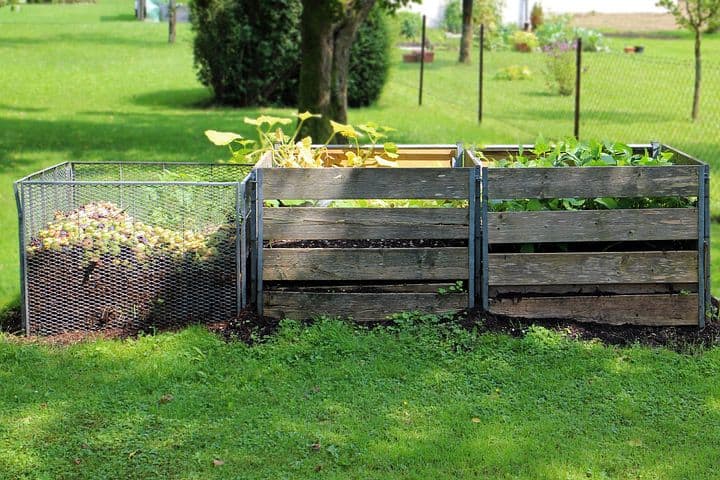
This method involves using a special mix of microbes to break down organic materials in an airtight container. To start, you’ll need a bokashi bin and some bokashi bran (a mixture of fermented grains and microorganisms). You can add a variety of organic materials to the bin, including garden waste, food scraps, and even meat and dairy products. The microorganisms in the bokashi bran will ferment the materials, creating a compost that can be used to enrich your soil.
Closing Notes on How to Make Compost
Overall, composting is a great way to reduce waste and create a rich, healthy soil for your garden. Whether you choose traditional composting, vermicomposting, or bokashi composting, you’ll be helping to reduce your carbon footprint and create a more sustainable environment

